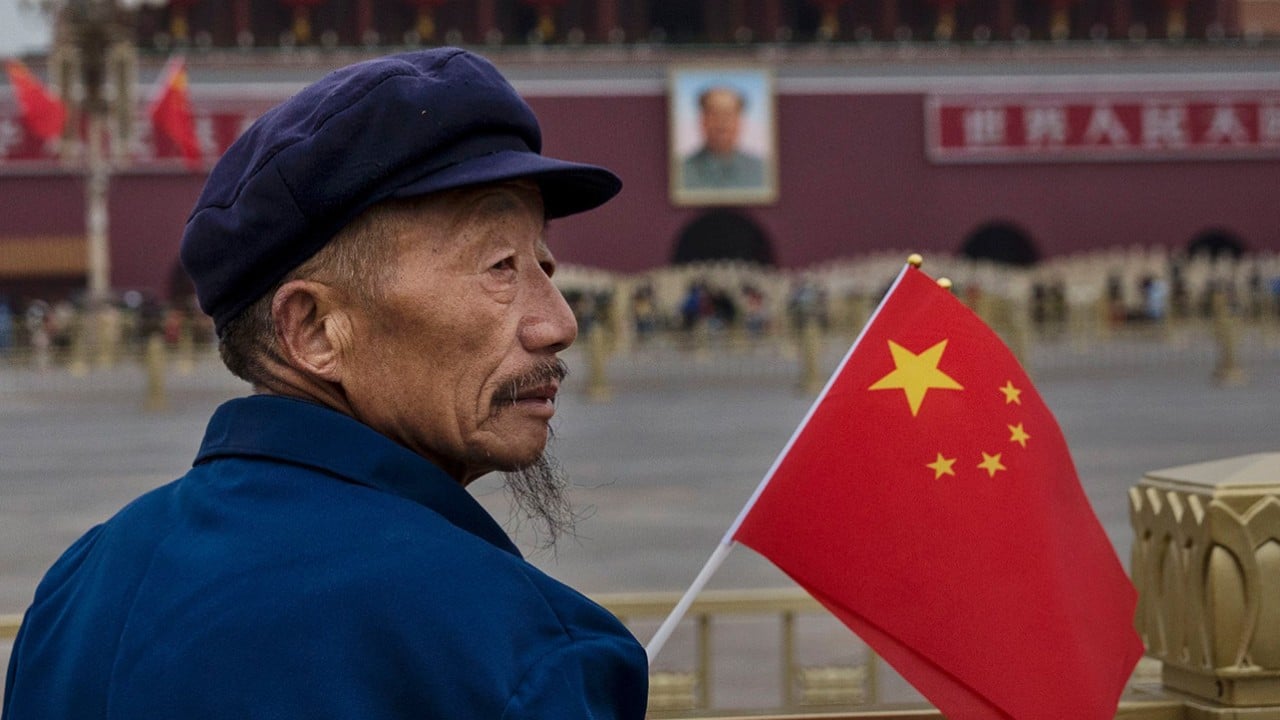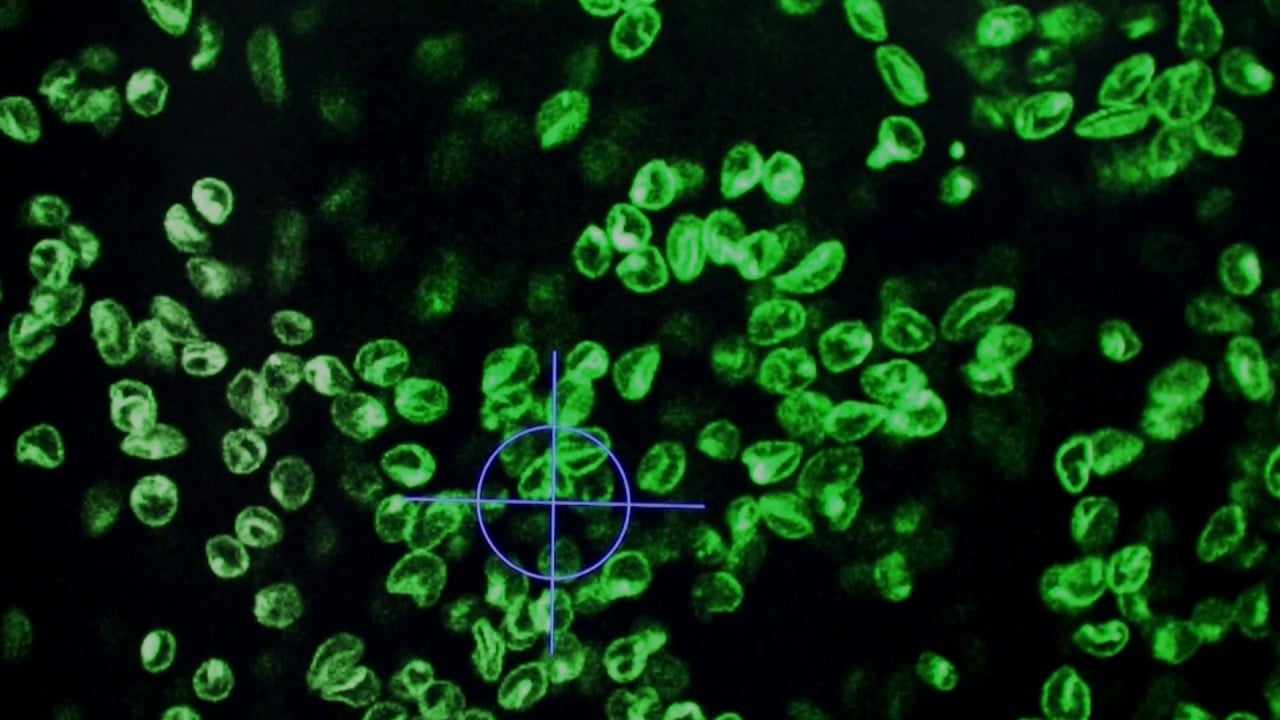
Chinese scientists claim to find new life for old in the blood of the young
- Study finds anti-ageing component that can be extracted from bodily fluids to extend life of laboratory mice
- Researchers said the findings are a ‘starting point’ with many scientific questions still to be answered
According to the peer-reviewed study published by the journal Nature Ageing on April 16, male mice aged 20 months, with a typical lifespan of 840 days, were given weekly injections of the blood component. The researchers noted a 22.7 per cent increase to a median 1,031 days.
Zhang Chenyu, co-leader of the study, and colleagues from the School of Life Sciences at Nanjing University, said the injections also ameliorated age-related functional decline in aged mice, including in the hippocampus, muscles, heart, testes and bones.
The researchers’ findings caused alarm among some of China’s science news readers. One comment on an article reporting on the study for the Jinri Toutiao website asked “how much blood does it take to keep up this kind of treatment? I dare not think about it”.
Mind the gap: China should foster digitally inclusive society as population ages
Another commenter said that “if a large amount of rejuvenation factors are contained in the blood of babies, I don’t know how many babies will suffer”.
“Everyone, take good care of your children. The child’s physiological information must be kept confidential,” a further comment read.
Zhang said fears that young people’s blood would be immorally used, and other ethical concerns raised among the public, were “exaggerated misconceptions”. If the treatment is ever developed it would be administered in the form of drugs, rather than through a direct plasma exchange, he said.
“What we are doing is showing at the cellular level what is actually working in the blood, what are the most potent rejuvenating factors,” said corresponding author Chen Xi, also from Nanjing University.
Only with this knowledge can simplified and targeted treatments be developed, Chen said.
Speculation that blood exchange therapy could help to reverse the ageing process has been around for decades. Some scientists are already experimenting with it although the efficacy of the therapy has long been debated due to a lack of definitive evidence.
Last year, multimillionaire tech entrepreneur Bryan Johnson, 45, undertook a tri-generational blood plasma swap with his 70-year-old father Richard and 17-year-old son Talmage.
Talmage had a pint of his blood taken and separated into parts before the plasma was reinfused into his father. Richard then received Bryan’s plasma.
In 2019, the US Food and Drug Administration issued a safety warning about the infusion of plasma from young donors to prevent conditions such as ageing or memory loss, saying it has no proven clinical benefit.
The Chinese team said that while prior research had mostly focused on the potential anti-ageing properties of soluble protein factors in young blood, “the precise mechanisms underlying these effects remain incompletely understood”.
The study, delivered after more than seven years of observation and data collection from hundreds of mice, shed light on this long-standing fascination, the authors said.
According to the researchers, small extracellular vesicles (sEVs) – which are actively released from almost all cell types and are found in various body fluids, including blood – played a key role in reversing age-related degenerative changes in the older rodents.
The sEVs are widely understood to transfer nucleic acids and proteins between cells, mediating the exchange of information. The scientists said that by recognising and exploiting this mechanism they observed longer survival times than other animal studies.
One previous study reported that oral nicotinamide increased the median lifespan of mice by 4.2 per cent to 875 days, while a calorie-restricted diet increased the median lifespan of mice by 16.4 per cent.
“[The 22.7 per cent increase in lifespan] is one of the longest records in the world,” Chen said, adding that the mice in the latest study remained relatively vigorous at the end of their lives.
China doubles subsidies for child, elderly care to deal with demographic decline
The researchers scored the mice on a debilitation index that included dozens of indicators, including motor skills and skin condition.
After four months of treatment, the experimental group displayed better performance, for example in terms of metabolism, than the control group of mice of the same age.
Chen said that the research was a starting point, with many scientific questions still to be answered before the findings can be clinically tested and developed into a treatment, such as which types of cells produce the sEVs they have identified.
China’s ‘silver economy’ pivotal to puzzling out population pyramid paradox
Trials would also need to be carried out in large primates that are closer to humans before any potential treatment progresses, he said.
Beyond headline-grabbing claims about extending life and reversing ageing, Zhang said the researchers are actually more concerned about how people can stay healthier as life expectancy increases.
As society ages, biologists like him hope to identify and intervene in factors that accelerate human ageing, so that an 80-year-old, for example, can be as healthy as a 50-year-old, he said.



